
This month we are excited to pilot our first ever Faith in Women virtual book club! Some of our fantastic Mississippi-based faith leaders and activists are currently reading Life’s Work by Dr. Willie Parker. Together we’ll be engaging in some dynamic group discussions via video conference this week. To celebrate our latest endeavor, this month we’re highlighting five of our favorite faith + justice books for activists, clergy, and parents. (Don’t have time to pick one of these up? Not to worry! Check out our other posts on podcasts and documentaries we recommend.)
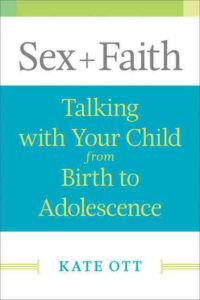 Sex + Faith: Talking with Your Child from Birth to Adolescence by Dr. Kate Ott
Sex + Faith: Talking with Your Child from Birth to Adolescence by Dr. Kate Ott
Does talking about sex with your children make you squeamish? It doesn’t have to! Written for parents and caregivers this book discusses how to talk about sexuality with kids at every stage of development. Readers will gain tools for incorporating faith values in their ongoing dialogue about sexuality in a way that is inclusive and supportive of sexual differences.
Reproductive Justice: An Introduction by Loretta J. Ross and Rickie Solinger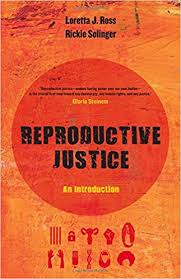
Have you heard the phrase “reproductive justice” but you’re not exactly sure what it means? This book serves as a primer for anyone wanting to gain a better understanding of the intersectional approach of reproductive justice. Written for scholars, activists, and everyone in between, Reproductive Justice covers the history of the term, examples from the field, and strategies for taking action today.
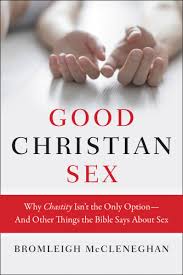 Good Christian Sex by Bromleigh McCleneghan
Good Christian Sex by Bromleigh McCleneghan
If you’re looking for an exploration of sexuality from a Christian perspective that doesn’t hinge on extremes, consider picking up a copy of McCleneghan’s Good Christian Sex: Why Chastity Isn’t the Only Option–And Other Things the Bible Says About Sex. Pulling from the insight of theologians and practitioners, this book is a refreshing change of pace from other takes on the bible and sex. Her nuanced, thoughtful perspective will engage both your head and your heart.
The New Jim Crow by Michelle Alexander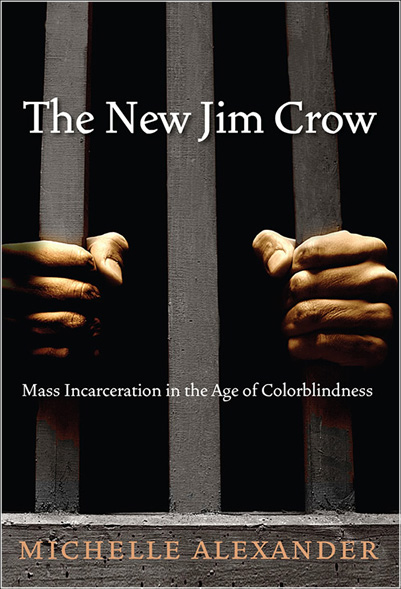
The United States currently incarcerates over 2 million of our citizens in public and private prisons. Why do we imprison so many people–and why are so many of those incarcerated people of color? Alexander traces the legacy of segregation laws that shapes today’s legislation and feeds into our system of mass incarceration. Both a much-needed history lesson and a call for justice, this book dispels the cultural myth of “colorblindness” once and for all.
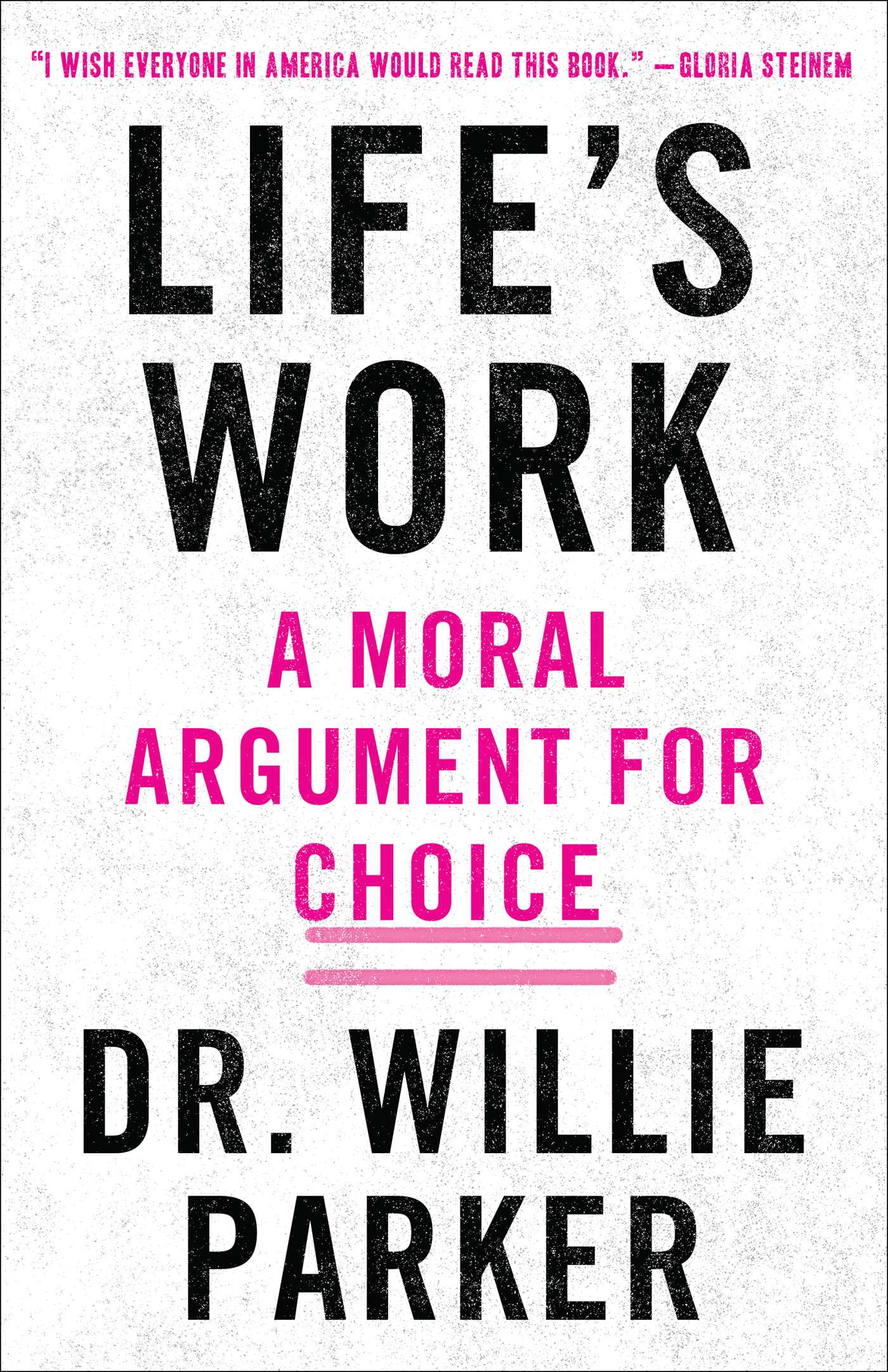 Life’s Work: A Moral Argument for Choice by Willie Parker [Faith in Women Book Club Pick!]
Life’s Work: A Moral Argument for Choice by Willie Parker [Faith in Women Book Club Pick!]
When Dr. Willie Parker trained as an obstetrician and gynecologist, he never intended to become an abortion provider, but over time he realized that his Christian faith called him to help women in need of this particular form of medical care. Part memoir and part theological reflection, Parker weaves together his faith, study of scripture, scientific training, and experience as an African American living in the South to make a moral argument for supporting women’s access to abortion.
Is there a book you’d like for us to feature in a future Faith in Women book club discussion? Would you like our help in starting a book club of your own featuring one of these books? Please send us an email. We’d love to hear from you!
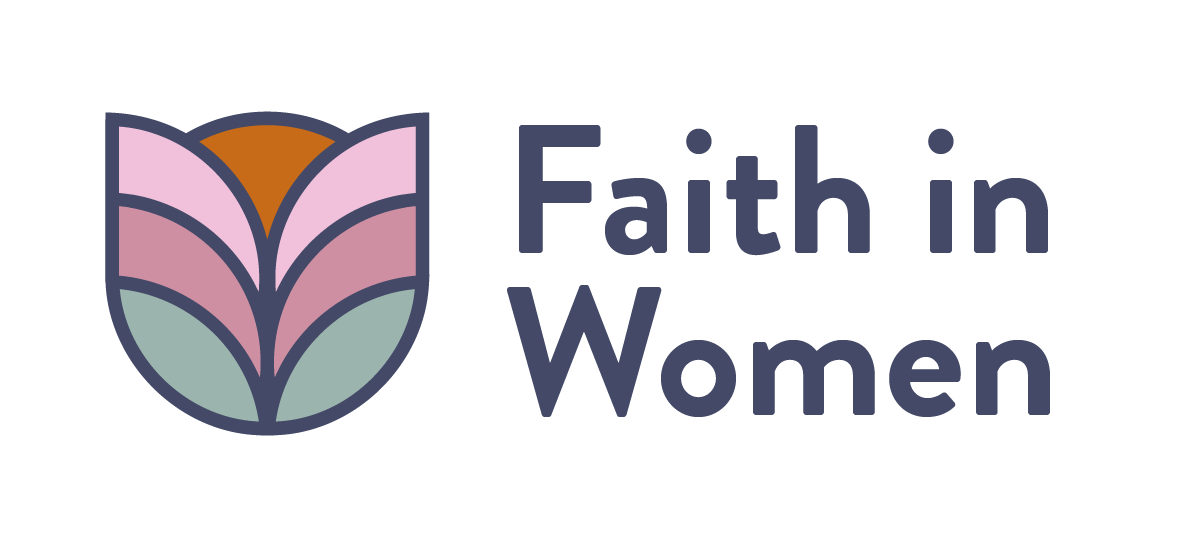

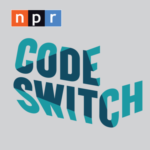 Codeswitch
Codeswitch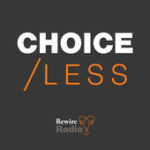 CHOICE/LESS
CHOICE/LESS The Longest Shortest Time
The Longest Shortest Time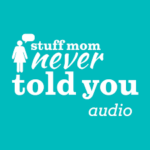 Stuff Mom Never Told You
Stuff Mom Never Told You How to Be a Girl
How to Be a Girl “
“ “
“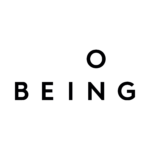 “
“

 The Mask You Live in
The Mask You Live in Trapped
Trapped 13th
13th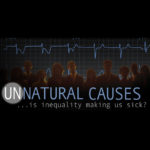 Unnatural Causes
Unnatural Causes After Tiller
After Tiller 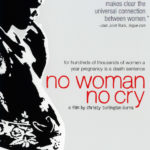 No Woman, No Cry
No Woman, No Cry
